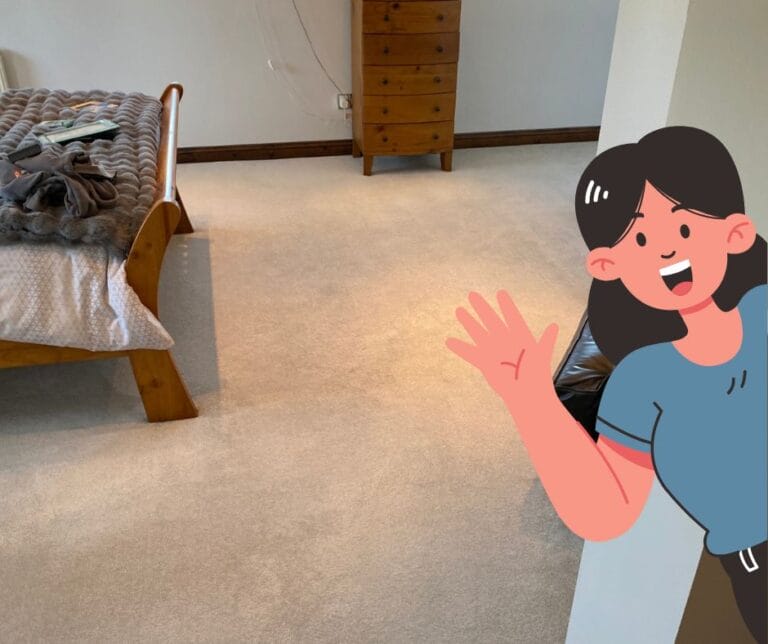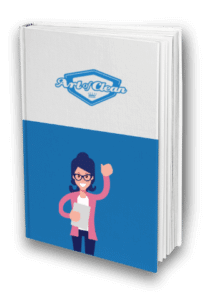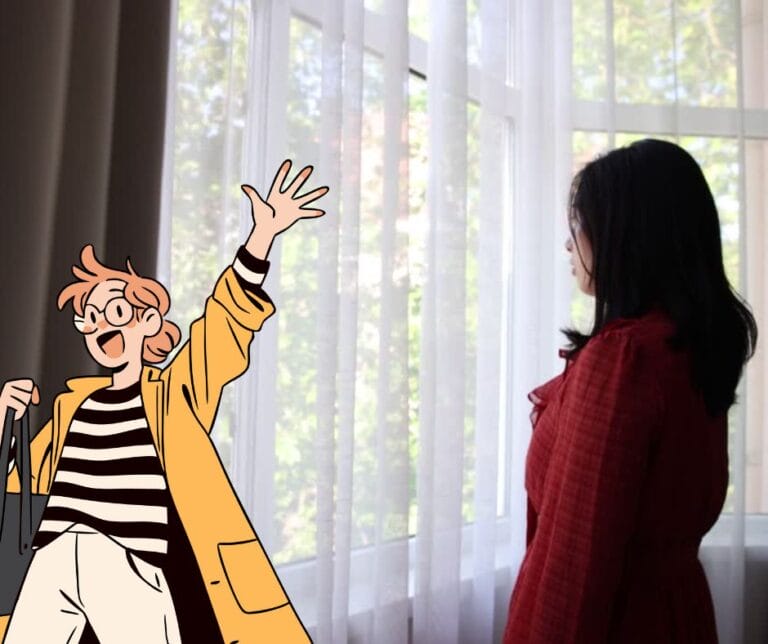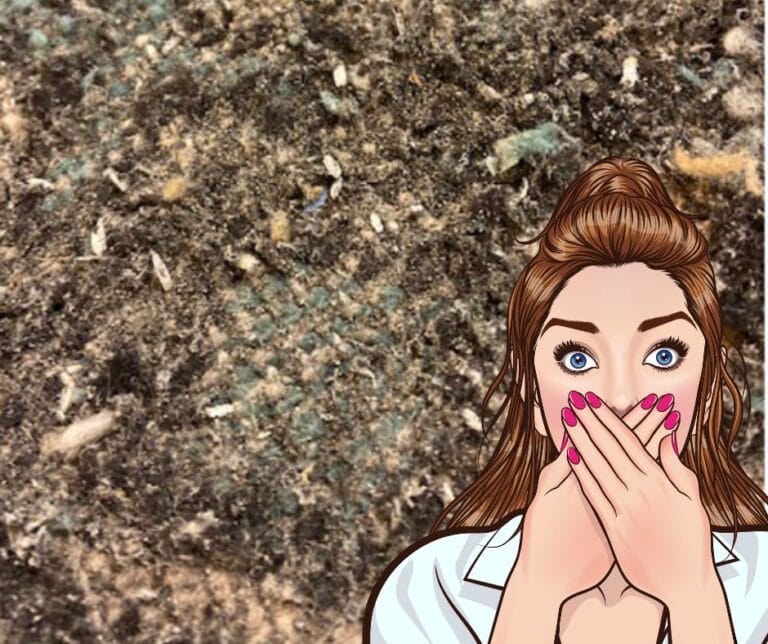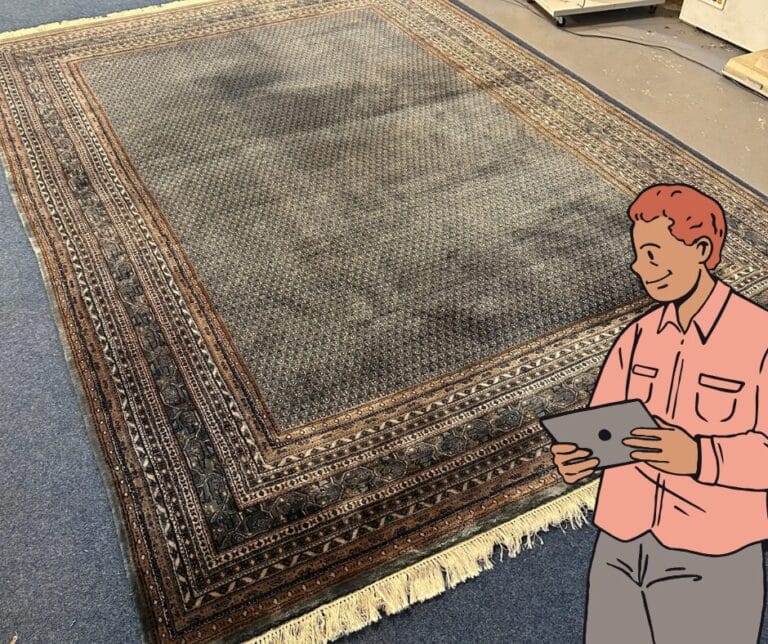You’re not alone. We get calls like this often — from parents, homeowners, landlords — all asking the same thing: Can you clean a carpet after a radiator leak? Let’s walk through what matters, what to avoid, and how to handle it calmly.
Step 1: Safety First — Has the Leak Been Stopped?
Before anything else, make sure the radiator valve is off and the leak is controlled. A cleaner can’t help until the water source is no longer active.
Top tip: Most modern radiator valves can be tightened by hand or isolated quickly — but if in doubt, call a plumber first. We’ve worked alongside many local plumbers across Cambridgeshire and Suffolk and are happy to coordinate timing when needed.
Step 2: Do I Need to Rip the Carpet Up?
No — not usually.
In most homes, a radiator leak affects:
- A small area of carpet (usually wool or wool-blend)
- The underlay
- Possibly the gripper rods or subfloor, if the leak has sat unnoticed
If it’s caught early, we can often restore the carpet with a deep clean, spot extraction and proper drying — without removal.
Important: DIY wet-vacs or fan-only drying won’t remove the deeper moisture that seeps into the underlay or floorboards. If left untreated, this may lead to mould or that familiar “damp smell” returning weeks later.
Step 3: What Can a Professional Carpet Cleaner Do?
Here’s what we typically provide after a radiator leak:
✔ Moisture assessment
We check how far the water has travelled — beyond the visible stain.
✔ Deep extraction clean
Using specialist tools, we extract moisture from both the carpet and underlay (where possible).
✔ Safe product use
If the water was rusty or discoloured, we treat tannin or iron-based stains with care — especially on pale wool carpets.
✔ Gentle, fast drying
We use air movers and dehumidifiers (if needed) to help dry safely without damage.
What If the Carpet Smells Afterwards?
Radiator water often contains rust, dust, or central heating sludge. This can leave behind a stale or metallic odour even after drying.
If you’re noticing a smell days after the clean, it’s likely the underlay or grippers still hold moisture. We’ll advise whether a deeper treatment is needed — or in rare cases, if uplift is required.
The good news? Most families we help across Hertfordshire and Essex don’t need to replace their carpets. They just need a thorough, early clean before the damage sets in.
Can You Still Help If I Waited a Few Days?
Yes — but the longer water sits, the more likely it is to cause:
- Odours
- Mould in the underlay or tack strips
- Dye browning or discolouration in natural fibres
Even if the leak happened a few days ago, we’ll still assess and advise. In some cases, we’ll clean and deodorise in one visit, then return to re-clean once the area is fully dry.
Real Family Case: A Radiator Leak in Bury St Edmunds
One client called us in a panic — their daughter’s bedroom had flooded slightly during half term. The radiator valve had been dripping for days, unnoticed under a toy chest.
We arrived within 24 hours, deep-cleaned the entire area, treated the rusty mark left behind, and used controlled drying fans overnight. Within three days, the room was fresh again — no damage, no disruption, and one less thing on their to-do list.
Can I Use a Carpet Cleaner Machine Myself?
Short answer: not in this case.
Rental machines often add more moisture than they remove. And without professional extraction or airflow, you risk trapping water deeper into the layers — making things worse.
Plus, wool or loop-pile carpets can shrink if over-wet. Always ask before attempting a DIY clean.
If You’re Still Unsure, Just Ask
Not sure whether it’s worth cleaning yet? We’re happy to chat it through.
We’ve supported families across Cambridgeshire, Essex, Suffolk and Hertfordshire for years — and many of the jobs we’ve done after leaks or spills never made it to the quote stage. We just talked it through, gave calm advice, and helped the client decide what to do next.
Recap — No Panic Needed
A radiator leak doesn’t mean a ruined carpet. With the right help (and early action), most can be saved.
If you’re not sure what to do next — whether to clean, wait, or ask — we’re here to guide you.
Need a quick chat about a leak you’ve just spotted?
No pressure. Just give us a call, and we’ll walk you through the options.

